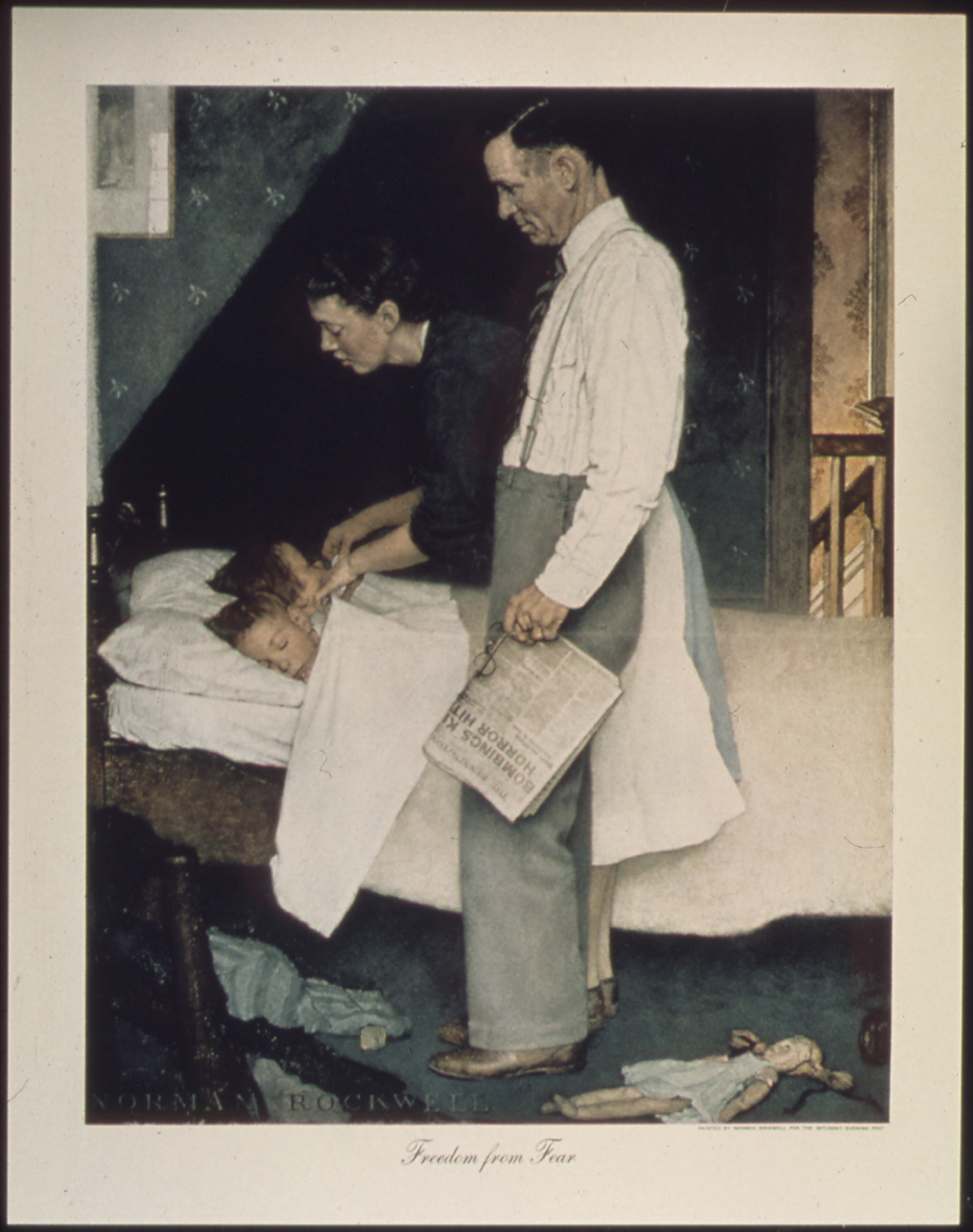Over the last few weeks, very predictably, the Internet and apparently all television channels everywhere were taken up with the first anniversary of the Russian invasion of Ukraine. President Zelensky’s press conference lasted three hours, and a question was repeated throughout the day: When will the war end? Two words also recurred: freedom and democracy.

It so happens that a few days earlier I had bought, as usual, a copy of England’s Observer newspaper, which coincidentally carried a lengthy interview with Bernie Sanders, the 81-year-old United States senator for Vermont, who is the longest-serving independent senator in Congressional history. A democratic socialist, Sanders worries continually about the grave inequality in American society, and about the way in which ordinary working people struggle. In the course of the interview he quoted Franklin Delano Roosevelt’s notion that freedom is not just the right to vote, but is also the right to have a reasonable standard of health care, housing and work.
The ageing brain is a strange thing. While reading Sanders’ words I was borne back into the past of my childhood, during which long ago time my grandfather subscribed to The Saturday Evening Post which, for much of the last century, was the most widely-read magazine in the USA. I have never known the reasons for his subscription, but he kept all his copies, and I was addicted to them for years. And so it was that I came to know about the artist Norman Rockwell.
Critics did not think much of Rockwell, who modestly styled himself an illustrator rather than an artist. But he was immensely popular, and captured the zeitgeist of America for decades, during which time he produced 322 covers for the Post. Criticised for projecting schmaltz, he riposted that he illustrated life as he would like it to be. One commentator noted that he painted happiness but didn’t live it. He certainly had his troubles, but work seems to have been a weapon against them.
Rockwell was also a man with a social conscience, as Bernie is, and tried to stir the public to a certain awareness of racism and injustice. One of his most famous paintings is The Problem We All Live With, which in 1964 tackled the burning issue of racism, and depicts the black child Ruby Bridges being escorted by Federal agents to a white school after the policy of integration became law. A strong gesture in support of the cause of freedom and equality.
'Roosevelt tackled the matter of fear in his speech of 1941. His hopeful idea was that freedom from fear could be ensured by a reduction in the number of armaments, so that no nation would be able to commit an act of physical aggression against any neighbour.'
But it is his Four Freedoms series that I remember, although they were painted well before my time. The U.S Constitution guarantees two freedoms, those of worship and speech. Rockwell painted those two, and two more: freedom from want, and freedom from fear. He was apparently influenced by Roosevelt’s State of the Union speech of January 1941, (now known as the Four Freedoms speech) at which point Europe was engulfed in war, while America was still neutral. All four freedoms were mentioned, and later became part of the Atlantic Charter and then the basis for the Charter of the United Nations.
In his pictures, Rockwell shows a man on his feet and addressing a meeting, people praying, and a family gathered around the dining-table for a Thanksgiving dinner. But I think it is the last painting that is the most touching. The Freedom from Fear painting shows a young couple gazing at their sleeping children, secure in the knowledge that they are safe, tucked up at home. Which brings me back to the situation in Ukraine, and not only there: so many parents in these troubled times and in various places know that their children are under threat, and not at all safe. And even if the children escape the present threat, what of their future?
Roosevelt tackled the matter of fear in his speech of 1941. His hopeful idea was that freedom from fear could be ensured by a reduction in the number of armaments, so that no nation would be able to commit an act of physical aggression against any neighbour. A noble ideal, but the words ring very hollow at present, when the arms merchants are the only ones benefiting from the Russian/Ukraine conflict, and most of the world is in a state of dreadful suspense. Roosevelt did not have the prospect of a nuclear war to contend with: today’s world has.
We can’t change the past, but if only the crystal ball of the future could be lit by sunlight rather than wreathed in dark cloud.
Gillian Bouras is an expatriate Australian writer who has written several books, stories and articles, many of them dealing with her experiences as an Australian woman in Greece.
Main image: 'Freedom from Fear', Norman Rockwell, 1943, Norman Rockwell Museum, Stockbridge, Massachusetts, United States of America. (Wikimedia Commons)